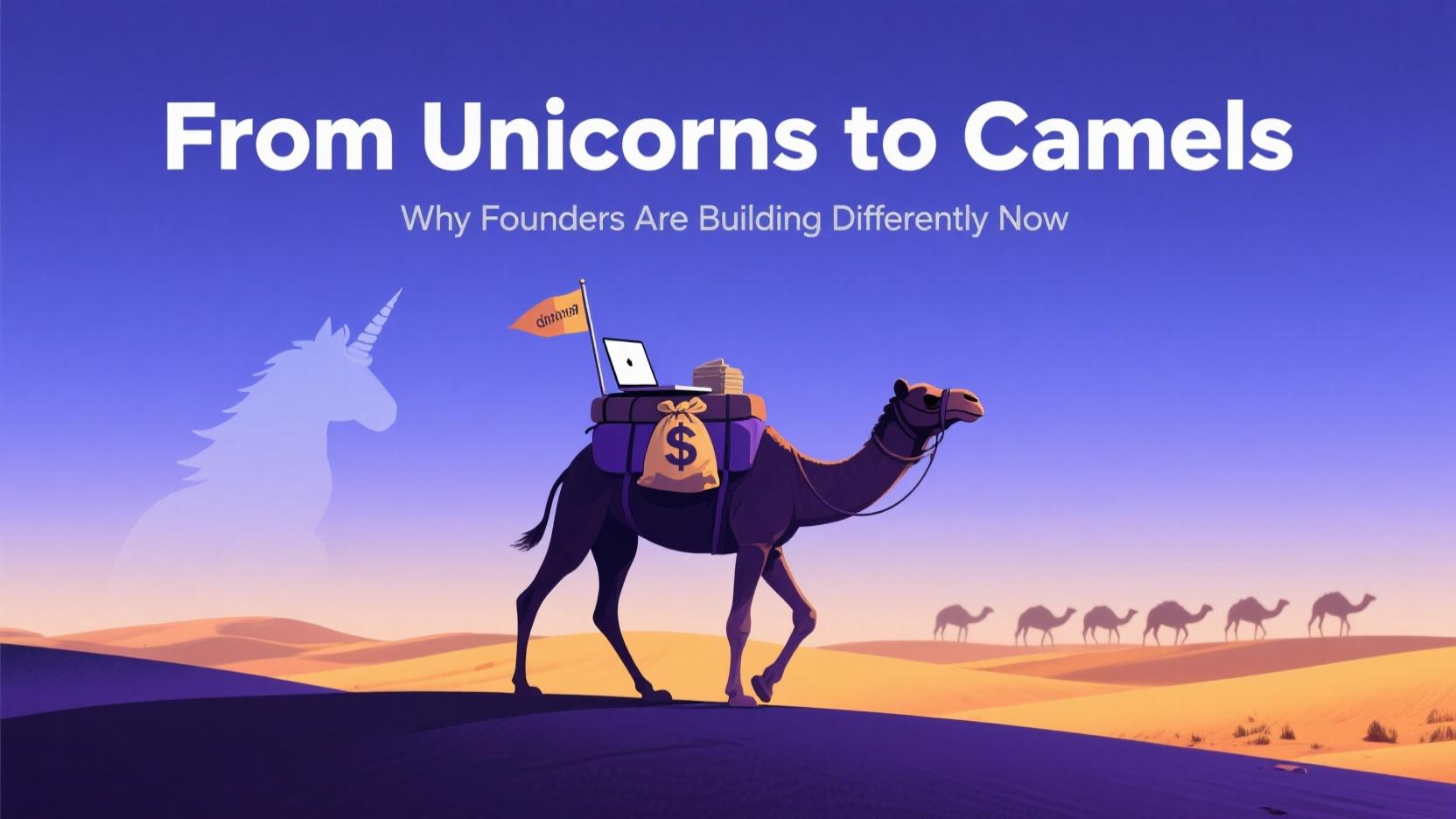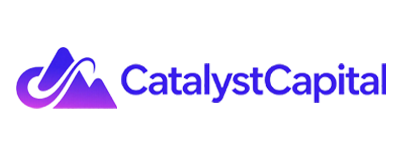Durability Over Hype: The Rise of Sustainable Startup Models
For years, the tech world idolized unicorns — startups valued at over $1 billion, often raised on rapid growth and aggressive burn rates. But in the post-ZIRP (zero interest rate policy) world of 2025, investors and founders are embracing a new archetype: the camel.

Camels don’t chase rainbows — they survive deserts.
Why the Camel Model Is Gaining Traction
Today’s VCs aren’t asking, “How fast can you scale?”
They’re asking, “How long can you last if the capital dries up?”
Camel startups focus on:
Cash flow sustainability from early on
Moderate, profitable growth instead of “blitzscaling”
Building real economic moats, not media buzz
This isn’t a pivot out of fear — it’s a reflection of a new financial reality, where cheap money is gone and resilience matters more than virality.
Case Study: Fintech in the Desert
A Dubai-based SME banking startup—SandBank—raised just $1.2M in seed capital in 2023. Instead of racing to scale, they:
Focused on one region and one use case (cross-border B2B payments)
Built revenue-sharing partnerships with local accounting firms
Hit breakeven in 13 months
Now, they’ve grown to 10,000 customers, turned a profit, and are turning down a $20M term sheet to avoid over-dilution.
“We don’t want to be a unicorn. We want to be around in 10 years,” says CEO Hana Al-Masri.
Investors Are on Board
Funds like Stability VC, Thesis Capital, and Backbone Ventures are openly looking for camel-style startups:

Founders with domain experience
Clear margin pathways
No need for 100x outcomes — a 5–10x return with low burn is attractive now
Even mega-firms like Sequoia have launched internal programs focused on “efficient scaling” and “durable design”.
Key Takeaway
The startup dream isn’t dead — it’s maturing. Camels aren’t slower, they’re smarter. As the venture landscape evolves, founders who prioritize control, cash flow, and calm growth are redefining what success looks like.
